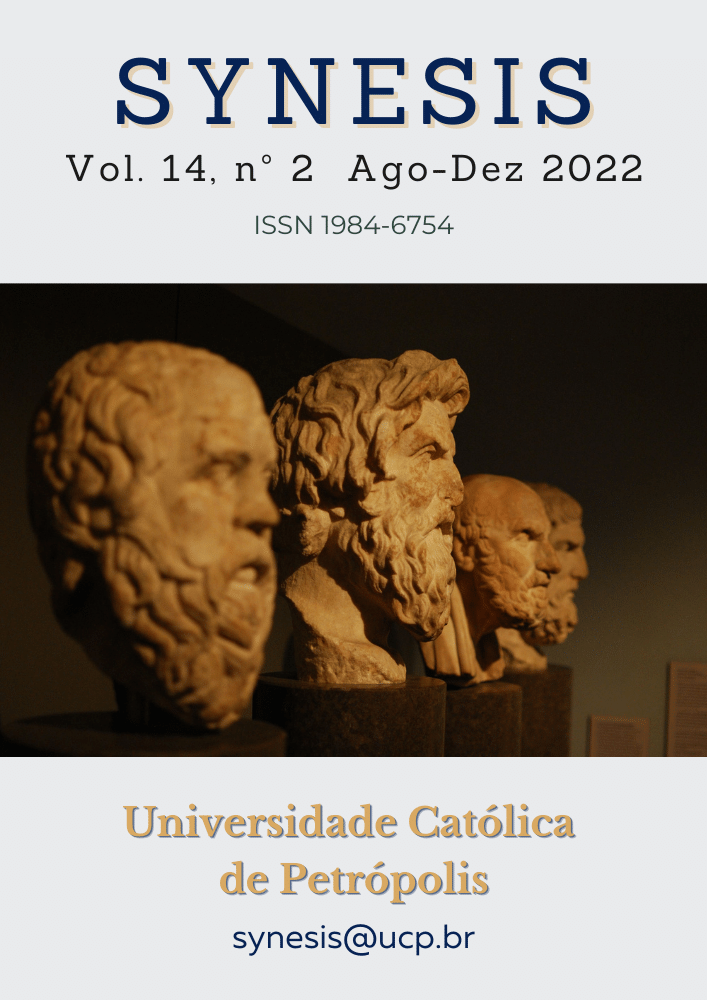Abstract
The paper focuses on analyzing the digital skills and adaptability of students in the context of digital transformation based on the results of an online survey of 1.282 students of Ho Chi Minh City University of Technology and Education (HCMUTE). The results show that students' digital skills and adaptability in the context of digital transformation at HCMUTE are demonstrated through aspects such as: HCMUTE's online learning system; document search engines; using digital skills and adaptability; habits are mainly expressed during the study period; Software applications are mainly used for student's learning and adaptability in the context of digital transformation. Applying students' digital skills and adaptability in the digital context also has advantages (the search for information, the development of study plans, the archiving of documents, etc.) and difficulties (insufficient learning facilities, learning space and interaction lead to lower efficiency when compared to traditional learning methods, ...). Therefore, the research results are expected to help provide a more objective view of the reality of digital adoption and students' adaptability in the digital transformation context at HCMUTE.
References
Katz, I. R. (2007). Testing information literacy in digital environments: ETS’s iskills assessment. Information Technology and Libraries, September, 1–10. https://ejournals.bc.edu/index.php/ital/article/view/3271/2884
Killen, C. (2018). Collaboration and Coaching: Powerful Strategies for Developing Digital Capabilities. In Digital Literacy Unpacked (pp. 29–44).
World Bank Group, 2019, The Changing Nature of Work, 2019 World Development Report
(Gilster, P. (1998). Digital literacy. New York: John Wiley & Sons cited from van Laar, E., van Deursen, A. J. A. M., van Dijk, J. A. G. M., & de Haan, J. (2017). The relation between 21st-century skills and digital skills: A systematic literature review. Computers in Human Behavior, 72, 577–588. https://doi.org/10.1016/j.chb.2017.03.010)
Eshet-Alkalai, Y. (2004). Digital literacy: A conceptual framework for survival skills in the digital era. Journal of Educational Multimedia & Hypermedia, 13(1), 93e107
Ameen, K., & Gorman, G. E. (2009). Information and digital literacy: A stumbling block to development? A Pakistan perspective. Library Management, 30(1–2), 99–112. https://doi.org/10.1108/01435120910927565
Van Deursen, A. J. A. M., Helsper, E. J., & Eynon, R. (2016). Development and validation of the internet skills scale (ISS). Information Communication & Society, 19(6), 804e823. http://dx.doi.org/10.1080/1369118X.2015.1078834. Van Deursen, A. J. A. M., & Van Dijk, J. A. G. M. (2010). Measuring internet skills. International Journal of Human- Computer Interaction, 26(10), 891e916. http:// dx.doi.org/10.1080/10447318.2010.496338
UNESCO (2018). A Global framework of reference on digital literacy skills for indicator 4.4.2. UNESCO Institute for Statistics, Information Paper No. 51, Ref: UIS/2018/ICT/IP5
Melhem, S. & Jacobsen, A. H. (2021). A global study on digital capabilities. World Bank Group. https://documents.worldbank.org/en/publication/documents-reports/documentdetail/ 959181623060169420/a-global-study-on-digital-capabilities
Bartlett-Bragg, A. Digital Capabilities: Where people and technology intersect. In Proceedings of the 9th International Conference on Education and New Learning Technologies, EDULEARN17 Proceedings, Barcelona, Spain, 3–5 July 2017; pp. 14–21.
Varga-Atkins, T. Disciplinary digital capabilities of professionals: Networked learning in engineering and management. Res. Learn. Technol. 2020, 28, 2467.
Ng, W. Empowering Scientific Literacy through Digital Literacy and Multiliteracies; Nova Science Publishers: New York, NY, USA, 2012
The World Bank, 2018, September, Digital Jobs for Youth: Young Women in the Digital Economy
UNESCO, 2017, Working Group on Education: digital skills for life and work.
Eshet-Alkalai, Y. (2004). Digital literacy: A conceptual framework for survival skills in the digital era. Journal of Educational Multimedia & Hypermedia, 13(1), 93e107
Ameen, K., & Gorman, G. E. (2009). Information and digital literacy: A stumbling block to development? A Pakistan perspective. Library Management, 30(1–2), 99–112. https://doi.org/10.1108/01435120910927565
Van Deursen, A. J. A. M., Helsper, E. J., & Eynon, R. (2016). Development and validation of the internet skills scale (ISS). Information Communication & Society, 19(6), 804e823. http://dx.doi.org/10.1080/1369118X.2015.1078834. Van Deursen, A. J. A. M., & Van Dijk, J. A. G. M. (2010). Measuring internet skills. International Journal of Human- Computer Interaction, 26(10), 891e916. http:// dx.doi.org/10.1080/10447318.2010.496338
Greene, J.; Yu, S.B.; Copeland, D.Z. Measuring critical components of digital literacy and their relationships with learning. Comput. Educ. 2014, 76, 55–69.
Joint Information Systems Committee (JISC). Frameworks Mapped to the Six Elements. 2015. Available online: https:// digitalcapability.jiscinvolve.org/wp/files/2015/06/3.-Frameworks-mapped-to-6-elements.pdf accessed at 19:00 on January 25, 2022
Eshet-Alkalai, Y. (2004). Digital literacy: A conceptual framework for survival skills in the digital era. Journal of Educational Multimedia & Hypermedia, 13(1), 93e107

This work is licensed under a Creative Commons Attribution-NonCommercial-NoDerivatives 4.0 International License.
Copyright (c) 2022 Synesis (ISSN 1984-6754)

